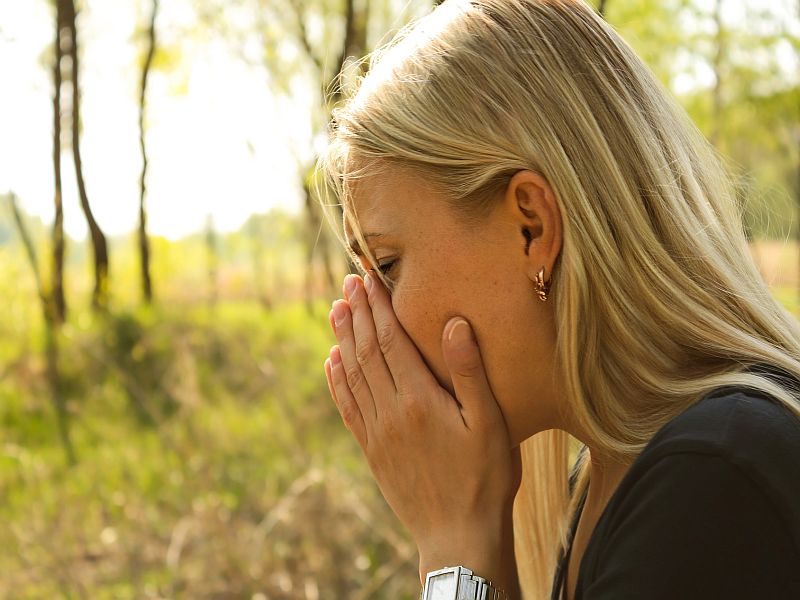
If you have seasonal allergies, the arrival of spring on Monday is probably less about warmth and flowers and more about itchy eyes and congestion.
But there are ways to ease allergy misery and keep asthma symptoms in check, according to the American College of Allergy, Asthma and Immunology (AAAAI).
“People think they’re doing everything they can to battle spring allergies,” said AAAAI President Dr. Stephen Tilles, a Washington-based allergist.
“But many still find themselves under siege from pollen and other allergens that appear once the weather starts to warm up. What they don’t realize is that by following a few simple rules they can make life a lot more pleasant, and their allergies more bearable,” he said in a news release from the group
Here, he offers some tips:
- Do some spring cleaning. Dust and cobwebs can accumulate over the winter. Mold can also build up in bathrooms and the basement, particularly in spring when humidity rises. Furry pets may also start shedding in spring, leaving more dander and hair around the house. Cleaning the house, vacuuming and washing upholstery can help remove allergens from the air and help ensure your nasal passages stay clear.
- Consider asthma. Many people with seasonal allergies also have asthma, making springtime doubly difficult. If you have a nagging cough or trouble breathing, talk to an allergist. These specialists can diagnose asthma and help you manage your symptoms.
- Clean the air. You’ll breathe easier if your air is clean. The best way to do that is with a HEPA room air cleaner rated with a Clean Air Delivery Rate (CADR). If you have central air, change your air filters every three months and use filters with a MERV rating of 11 or 12. Steer clear of ionic air filters, which make dust and pollen particles stick to whatever they touch. These air filters don’t provide much benefit to those with allergies, the asthma and allergy group cautions. They also produce ozone, which is a health risk.
- Keep windows closed. In spring it’s tempting to open the windows and let in some fresh air, but this allows pollen to blow inside your home and settle in your rugs and furniture. This can cause allergy symptoms to flare up. Keep your windows closed and use air conditioning with a new air filter.
- Consult an expert. Don’t rely solely on the Internet for expert medical advice. An allergist is a specially trained doctor who can help you identify the cause of your symptoms and determine the best treatment.
More information
The U.S. Centers for Disease Control and Prevention offers more on allergies.
Source: HealthDay

Leave a Reply